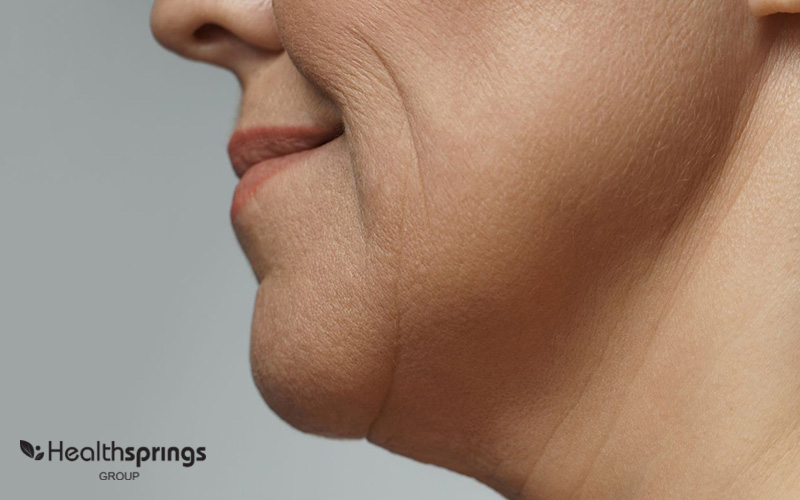
Growing old is an inevitable part of life, and as we journey through the years, the passage of time often manifests visibly on our skin in the form of sagginess, wrinkles, dark spots, and more. While some individuals continue to enjoy radiant and youthful skin well into their later years, others may experience issues related to ageing skin. This can stem from many factors, including preventable elements and genetic influences.
In this article, we delve into the details of ageing skin and explore how the world around us affects this process to help you better care for your skin. And if you’d like to learn all about reversing your skin age or slowing down signs of ageing, keep reading till the end!
Factors that Contribute to Ageing Skin
1. Genetic Influences
Our genetic makeup determines how our skin changes over the years. Also known as intrinsic ageing, some of us are blessed with amazing genes and a slower ageing journey, while others may have skin that deteriorates faster. Generally, skin with less melanin have higher likelihoods of premature ageing as they are more vulnerable to external factors such as sun exposure.
2. Oxidative Stress
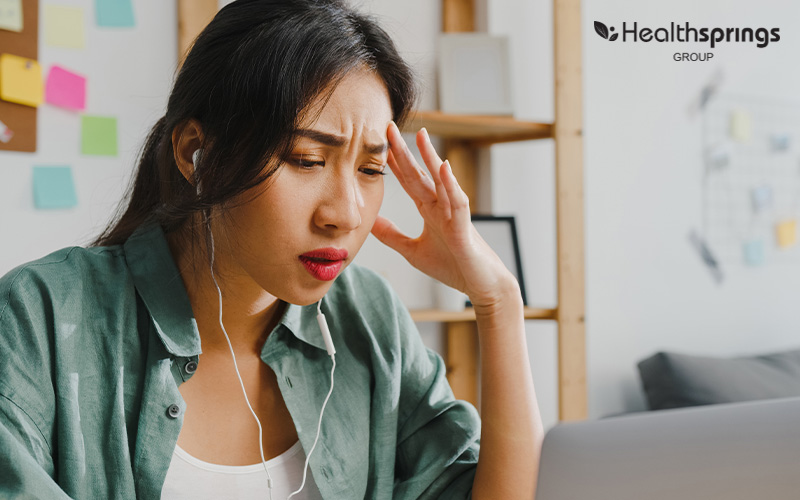
Constant exposure to pollution, radiation, and even emotional stress causes oxidative stress. It is a physiological condition that occurs when the body lacks the ability to properly neutralise or repair damage caused by free radicals, which are highly reactive molecules that can harm cellular structures, such as proteins, lipids, and DNA. The collagen and elastin in our body that maintain skin elasticity can suffer the consequences, resulting in ageing skin.
Thankfully, incorporating antioxidants into one’s skincare routine and diet can combat ageing caused by oxidative damage. Consider introducing more berries into your meals. Alternatively, medical aesthetic solutions like face lifting treatments can help with stimulating collagen and elastin production to firm up your skin.
3. Chronic Inflammation Linked to Obesity
Excess adipose tissue, or fat cells, releases substances—cytokines and other inflammatory molecules—that can cause the immune system to become overactive and consequently attack healthy tissues. This results in inflammation, triggering the release of enzymes that break down collagen and elastin in the body, which will lead to wrinkles and saggy skin.
This impact of inflammation and obesity on skin can be reduced by adopting a healthy lifestyle, including becoming more active and consuming a balanced diet.
4. Hormonal Fluctuations
Hormonal changes, particularly during menopause, contribute to ageing skin. When the oestrogen levels in your body drops, collagen production slows, and the skin dries out. This will lead to the appearance of wrinkles, fine lines, and saggy skin. On top of this, rosacea, a chronic inflammatory disorder that results in the formation of redness or rashes on the cheeks or nose, may develop too. However, if you experience this condition, you can leverage rosacea treatments to achieve healthier skin.
5. Sun Exposure
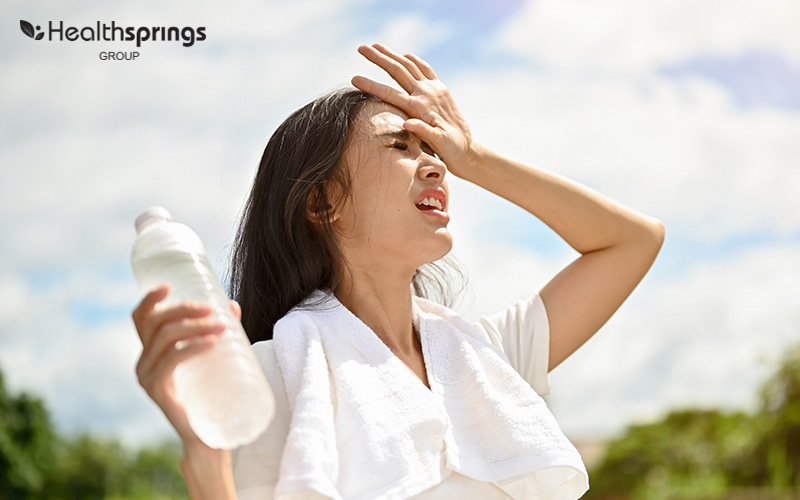
The harmful ultraviolet (UV) rays from the sun are largely responsible for premature skin ageing in most individuals. Not only does UV radiation damage the skin’s collagen and elastin fibres, it also harms the DNA in skin cells, causes oxidative stress, triggers inflammatory responses, and suppresses the immune system.
In Singapore, where the tropical climate and intense sunlight cannot be avoided, it is important to slather on enough sunscreen to protect the skin.
6. Poor Skincare Habits
Skincare practices play a pivotal role in maintaining youthful skin. However, this isn’t just about slapping on large amounts of moisturisers or serums, it’s also important to employ safe methods to apply skincare products. Here are some bad habits you should avoid to prevent yourself from causing more harm:
- Tugging on the skin during makeup removal or skincare; use gentle motions
- Using hot water to wash your face; lukewarm or cold water is more appropriate
- Ignoring your neck and chest; these are parts of your appearance that require care too
- Over-exfoliating; only exfoliate a maximum of three times a week
- Picking at blemishes; let them heal naturally or use targeted treatments like acne creams
Treatments for Ageing Skin
If you’re struggling with signs of ageing and are on the search for ways to rewind your skin age, there are a number of cosmetic procedures that can help you rejuvenate your skin.
-
Botox Treatment
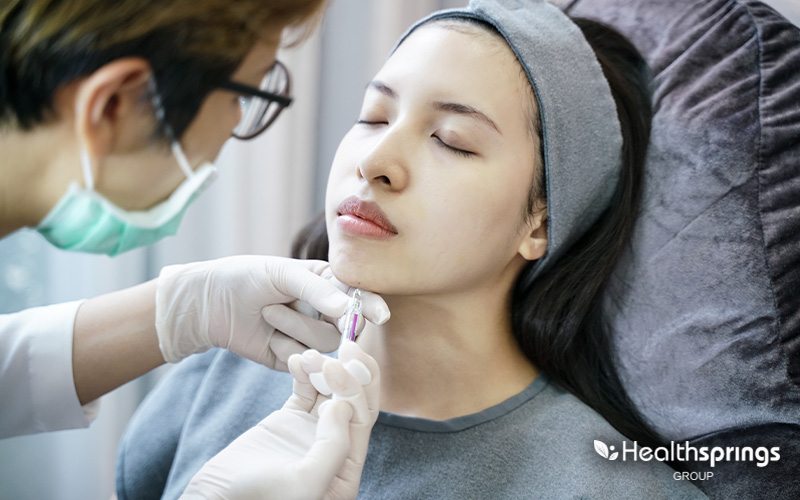
Short for botulinum toxin, botox treatments are non-surgical procedures that temporarily relax the facial muscles responsible for causing wrinkles and lines to smooth them out. When administered by a trained professional, it is safe and effective at achieving firm and youthful-looking skin.
-
Ultherapy
Ultherapy is a non-invasive, FDA-approved, face lifting treatment that uses safe, time-tested ultrasound energy to stimulate collagen production within the deeper layers of skin. As a result, it lifts and tightens the skin on the neck, under the chin, and on the eyebrow to reduce the appearance of lines and wrinkles, delivering a fresher and more youthful complexion.
Learn More: How to Tighten Neck Skin: Tips and Treatments
-
Under Eye Filler
Droopy eyes, under-eye bags, or hollows contribute greatly to ageing and a fatigued appearance. Under-eye filler treatments resolve this issue by injecting hyaluronic acid-based dermal filler into the areas beneath the eyes to add volume, improve texture, and reduce wrinkles.
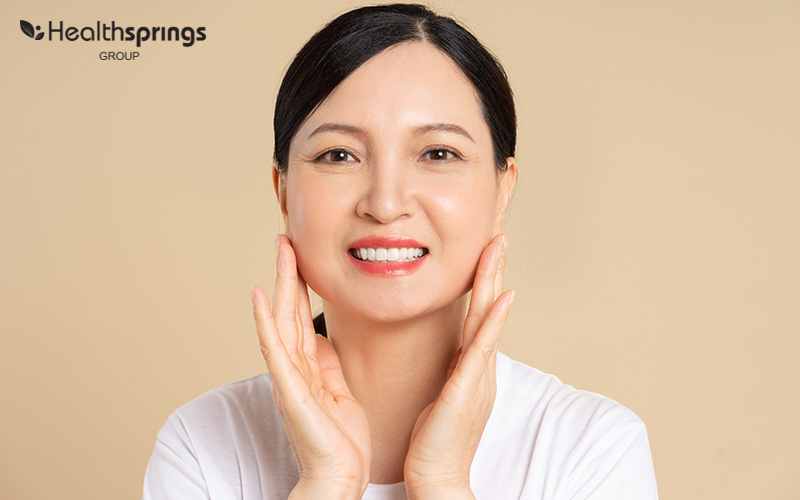
You cannot stop the ageing process, but you can choose to age gracefully. It is essential to understand the numerous factors that contribute to skin ageing and choose only accredited and suitable procedures catered to your specific concerns.
As a medical aesthetics clinic in Singapore, Healthsprings Laser and Aesthetic Clinic aims to deliver safe and effective treatments to help individuals maintain a youthful appearance even into their later years. Come rewind your skin age with us by booking your appointment today!
